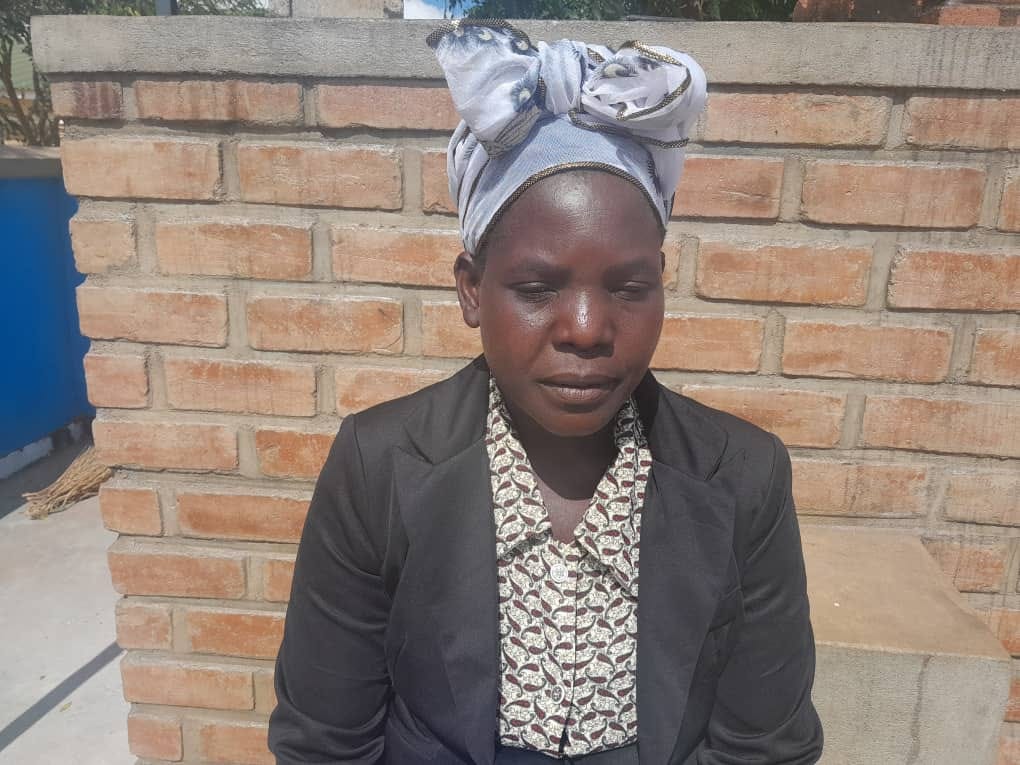WaterAid Project Reduces Home Deliveries, Improving Maternal and Child Health
WaterAid's WASH project in Malawi reduces home deliveries and improves hygiene, saving lives and transforming healthcare facilities.
NTCHISI DISTRICT, MALAWI — A project implemented by WaterAid Malawi, with funding from the Wimbledon Foundation, has successfully reduced home deliveries and improved water, sanitation, and hygiene (WASH) facilities in the area of Traditional Authority Kalumo in Ntchisi district, writes Meclina Chirwa.
The initiative has had a significant impact on the community, addressing cultural beliefs and misconceptions surrounding the disposal of placentas.
Prior to the project, many women in the region preferred delivering their babies at home due to traditional beliefs regarding placentas.
The absence of proper healthcare facilities and a dilapidated placenta pit at the Khuwi healthcare facility contributed to this trend.
However, the arrival of WaterAid has transformed the situation, providing the community with clean and modern WASH infrastructure, including solar-powered water tanks, modern toilets, and bathrooms.
Community members have expressed their relief and gratitude for the positive changes brought about by the project.
Alefa Kazimjedani, a resident, explained how women were once afraid to deliver at the hospital due to cultural beliefs surrounding placentas.
She highlighted the improvements brought by WaterAid, stating, "Now we have a clean and beautiful placenta pit, which WaterAid constructed for us. As you can see, apart from the placenta pit, there are also other interventions such as solar-powered water tanks, modern toilets, and bathrooms. This has improved health service delivery."
Robert Banda, a committee member of the Khuwi Healthcare Facility Operations and Maintenance Committee, highlighted the reduction in home deliveries due to improved hygiene standards.
He mentioned that the presence of myths and misconceptions surrounding placenta waste management previously discouraged women from delivering at the hospital.
"Many women in the area thought that their placentas were being used for rituals because the hospital had no placenta pit. They didn't know that hospitals treat placentas as medical waste or biohazard material. We are happy now that many women have been educated about this and are now delivering at the hospital,” he said.
The project's positive impact is evident at the Khuwi Health Care Facility, as Joy Ngulube, the facility's in-charge, confirmed that the number of deliveries has significantly increased.
She attributed this improvement to the WASH interventions provided by WaterAid, stating, "The WASH facilities have helped change the mindset of people in the surrounding communities regarding issues of placentas. This was a very big problem, but now we are sorted."
Laston Zungu, WaterAid's programmes officer, said, "Before we came in, there was no running water, the placenta pit was very old, and even the toilets were in poor condition. But now we have managed to construct a modern placenta pit, an incinerator, solar-powered water tanks with a capacity of 5,000 to 15,000 litres, plumbing works in the wards, and facilitated training for hygiene behaviour change promoters."
The project, which commenced in July 2020 and will conclude in June 2023, aims to address inadequate and poorly managed WASH infrastructures and weak hygiene and infection prevention control practices in healthcare facilities.
Globally, unclean births contribute to 26% of newborn deaths and 11% of maternal mortality annually, underscoring the significance of proper WASH facilities in healthcare settings.
Malawi faces specific challenges in this regard, with 24% of healthcare facilities lacking a basic water supply and 23% lacking improved and usable sanitation facilities.
WaterAid's project seeks to bridge this gap, offering a cost-effective solution. Investments in improving hygiene in healthcare facilities could pay for themselves within a year, generating savings of approximately 1.5 dollars for every dollar invested thereafter.
The successful implementation of the WaterAid project in the Ntchisi district not only reduces home deliveries but also contributes to better healthcare outcomes, highlighting the importance of WASH facilities in ensuring the well-being and safety of mothers and newborns.



